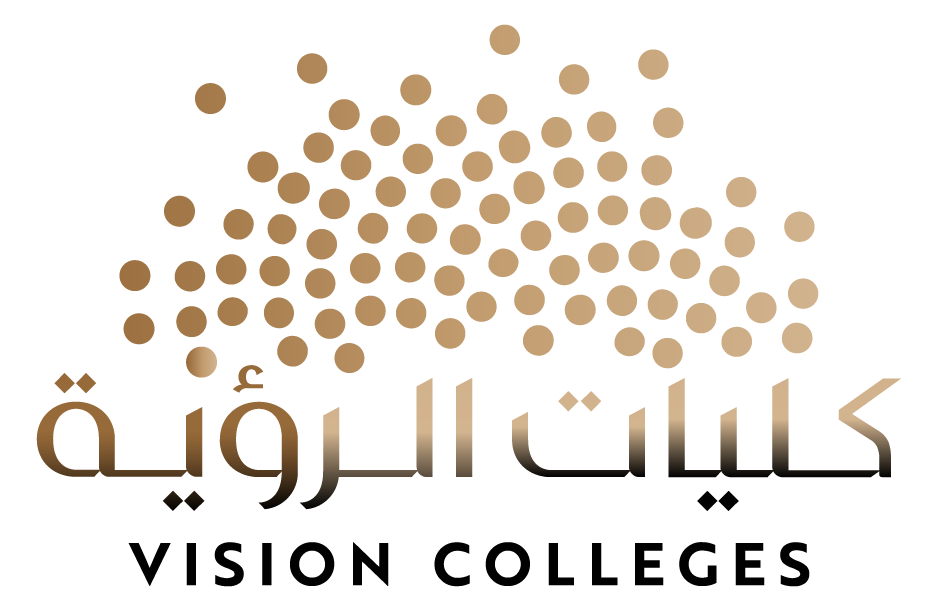
Ethical standards for publication exist to ensure high-quality scientific publications
Data fabrication and falsification:
Fabrication of data indicates that the researcher did not actually do the analysis, but faked the results. Falsification of data indicates that the researcher has done the experiment, but it is necessary to prevent it after modifying some of the data.
Plagiarism:
The writers should ensure that they have published completely original works, and that this has been properly quoted or cited if the authors have used the work and/or words of others.
It is unethical and deceptive to take the principles and work of other scientists without giving them credit. It is called plagiarism to copy even one sentence from someone else's manuscript, or even one of your own that has already been written, without proper attribution. Use your own words instead.
Multiple submissions:
Submitting the same manuscript to more than one journal at the same time is immoral. Doing this wastes the resources of editors and peer reviewers, and if published in more than one journal, it may damage the credibility of the authors and journals as the subsequent publication would have to be retracted.
Redundant publications:
This implies publishing several very similar manuscripts. It is more likely that compiling the findings into one very robust paper would be of interest to a selective journal. In general, an author should not publish manuscripts that describe basically the same research in more than one journal.
Fair play
Manuscripts should be assessed by the editor for their academic content, regardless of the author's race, gender, sexual orientation, religious belief, ethnic origin, citizenship, or political philosophy. The decision of the editors to approve or reject a paper for publication should be based only on the significance, originality and clarification of the paper and the importance of the analysis to the journal's target.
Authorship
Listing the names of contributors in an article is an effective method for crediting those who have contributed greatly to the work. It also guarantees accountability for those who are responsible for the content's honesty.
Citations
You must avoid excessive and inappropriate self-citation or prearrangements among author groups to inappropriately cite each other’s work.
Disclosure and conflicts of interest
All authors should report any financial or other substantive conflict of interest in their manuscript that could be construed to impact their manuscript's findings or interpretation. It is necessary to report all sources of financial support for the project.
Fundamental errors in published works
If an author finds in his/her own published work a serious error or inaccuracy, it is the responsibility of the author to inform the journal editor or publisher immediately and collaborate with the editor to withdraw or correct the article.
